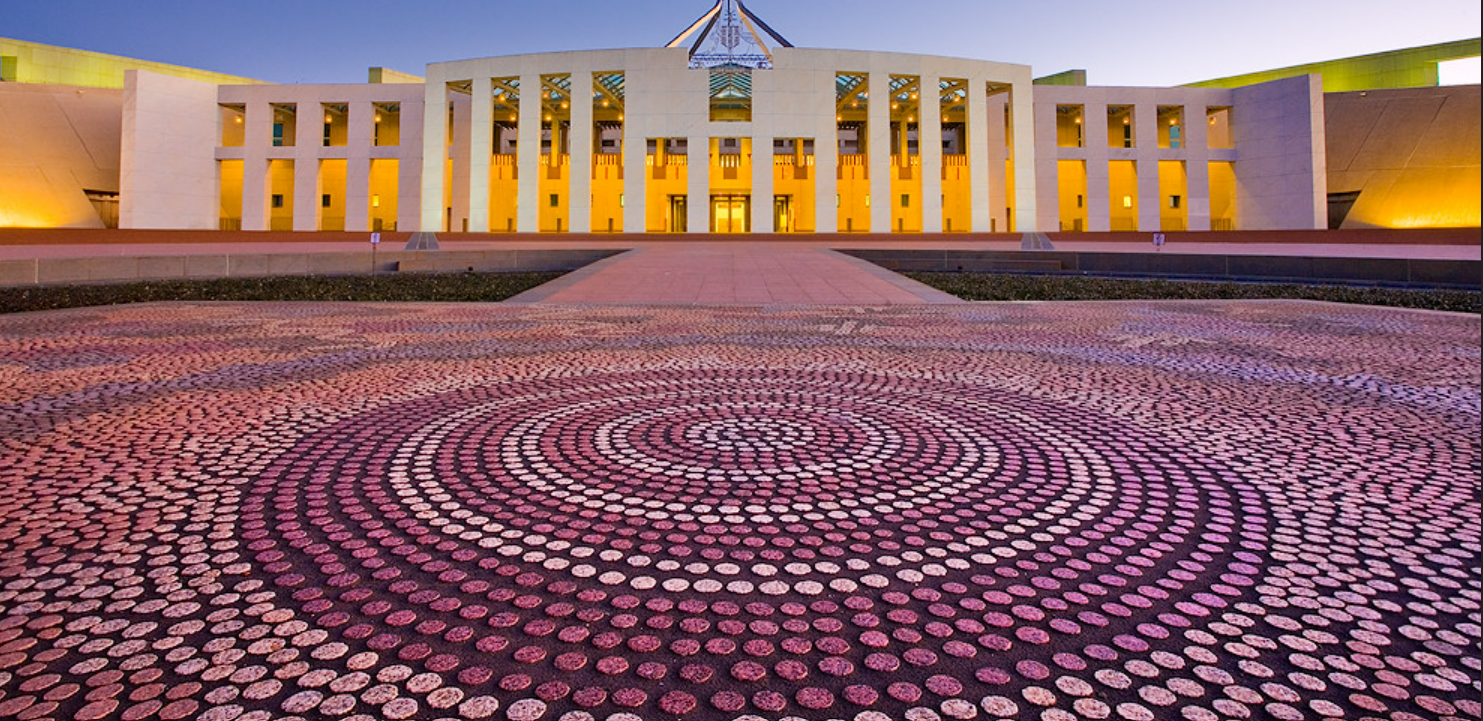In light of the first anniversary of the 47th Parliament being sworn in, the Nexus APAC team has looked back at the last 12 months and asked the question: ‘Who has been moving the political and legislative dial?’
The 47th Parliament is incredibly diverse. Approximately 44.5% of members are women, 4.85% of members are Aboriginal and Torres Strait Islander, and 12.33% were born overseas.
One year on, the 47th Parliament has seen many triumphs from its diverse range of Parliamentarians.
Independent Influence
David Pocock – ACT Senator
Senator David Pocock is the first Independent Senator for the ACT. Running a grassroots campaign, many of his supporters engaged in political volunteering for the first time during the 2022 federal election. Known for his extensive environmental activism and reputation as Captain of the Wallabies, Senator Pocock won his Senate seat in a spectacular fashion.
Senator Pocock holds a crucial vote in the Senate, which has enabled him to effectively push the Government on values and policies important to his constituents.
In his first year as a Senator, Mr Pocock delivered 68 parliamentary speeches and held 83 ministerial meetings. Additionally, 41 of Senator Pocock’s legislative amendments have been enacted.
Contrary to other members of Parliament, Senator Pocock engages with various demographics using social media. It is on these platforms that Senator Pocock raises important issues affecting his constituents between short clips of his fitness routines.
A summary of his achievements this year include:
- Protecting small businesses in the Government’s Industrial Relations Bill;
- Creation of the Economic Inclusion Advisory Committee; and
- The insertion of key accountability and transparency provisions in the Government’s Climate Bill.
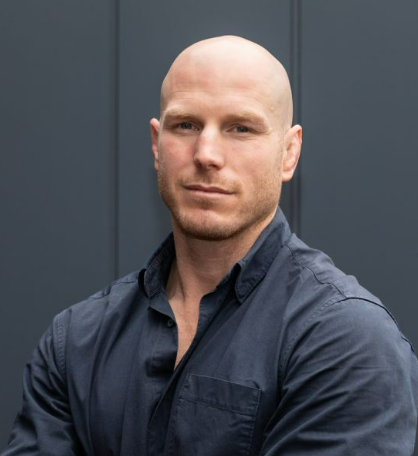
Dr Monique Ryan – Member for Kooyong
Considered to be one of the most vocal of the ‘Teal’ Independents, Dr Ryan won the seat of Kooyong in the 2022 election over former Treasurer Josh Frydenberg.
At the time of the election, Dr Ryan was the Director of Neurology at the Royal Children’s Hospital in Melbourne. Her time spent in health in her previous career has largely shaped her policy priorities, demonstrated by her interest in Medicare.
Beyond health, Dr Ryan has been extensively involved in shaping the Government’s climate policy. With the support of the Greens, Dr Ryan was ensured that the national climate target of 43% emissions reductions by 2030 was interpreted as a floor, not a ceiling.
In her inaugural speech, Dr Ryan attributed her interest in politics to former Independent, Cathy McGowan, who won the seat of Indi in 2013. It was through Cathy that Dr Ryan realised that her role in politics could be transformative for her local community.
‘As a doctor, researcher and scientist, my job has always been to care for children and to protect their futures. I stood for election in the seat of Kooyong because I felt – and the people of Kooyong felt – that our previous government was not doing that.’
Dr Ryan’s ability to engage with her electorate through social media has captured the attention of eminent decision-makers, including New Zealand’s former Prime Minister, Ms Jacinda Ardern.
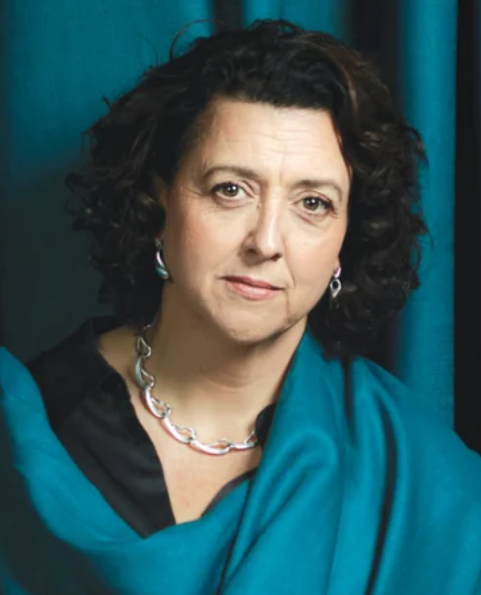
The Greens Grind
Max Chandler-Mather– Greens spokesperson for housing and homelessness
Impressively, Mr Chandler-Mather is the only Greens member in the House of Representatives to win a seat from a Labor politician in the 2022 federal election.
Mr Chandler-Mather is an advocate for a national rent freeze and stronger renter’s rights. Notably, Mr Chandler-Mather refused to pass the Government’s flagship housing policy. Separately, he was able to pressure the Government to allocate $2 billion into building social housing.
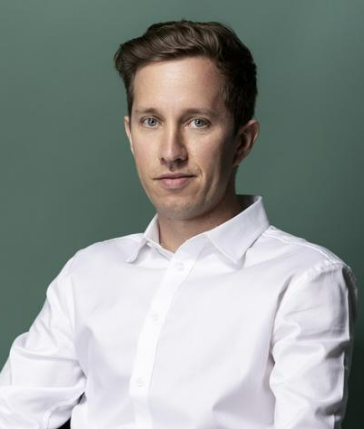
The Senate Greens
Despite the departure of Senator Lidia Thorpe from the party, the Greens hold 11 votes in the Senate. By large, the Greens have modeled growth as a party since 2009, where they successfully obstructed Kevin Rudd’s Carbon Pollution Reduction Scheme.
One year into the new Government, the Greens have significantly shaped incoming legislation. Specifically, the Greens have ensured that hard caps are imposed on emissions under the Government’s climate policy and improved emissions monitoring practices.
Separately, the Greens have been actively involved in Parliamentary Committees, using this platform to influence policy. As such, several Greens representatives have been involved in key inquiries such as the Rental Inquiry, the ADHD Inquiry, and the Women’s Reproductive Health Inquiry.
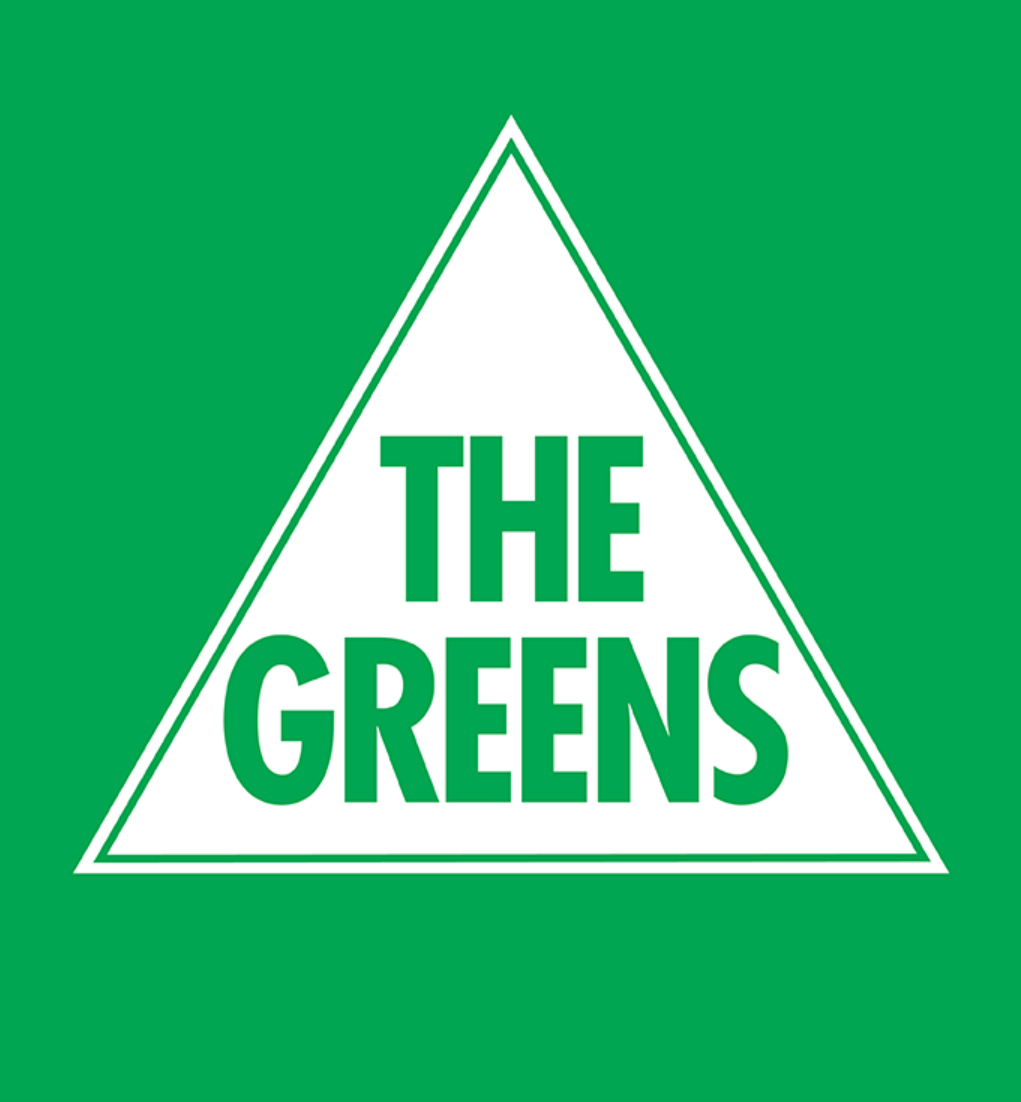
Ministers
The Hon Clare O’Neil MP – Minister for Home Affairs and Minister for Cyber Security
Following the 2022 ‘cyber awakening’ where companies experienced unprecedented data breaches including Optus, Minister O’Neil led sweeping reforms to data and technology systems. It was under her portfolio that critical infrastructure was also established that allowed the Government to intervene during data breaches and protect Australians’ data.
Recently, Minister O’Neil has shifted her attention to offshore detention policies, announcing an investigation into the procurement process for refugee housing in Nauru following corruption allegations.
A member of Victoria’s right faction, Minister O’Neil has long been heralded as an up-and-comer in the faction, party, and the cabinet. Her performance as the Minister has so far lived up to the high expectations.
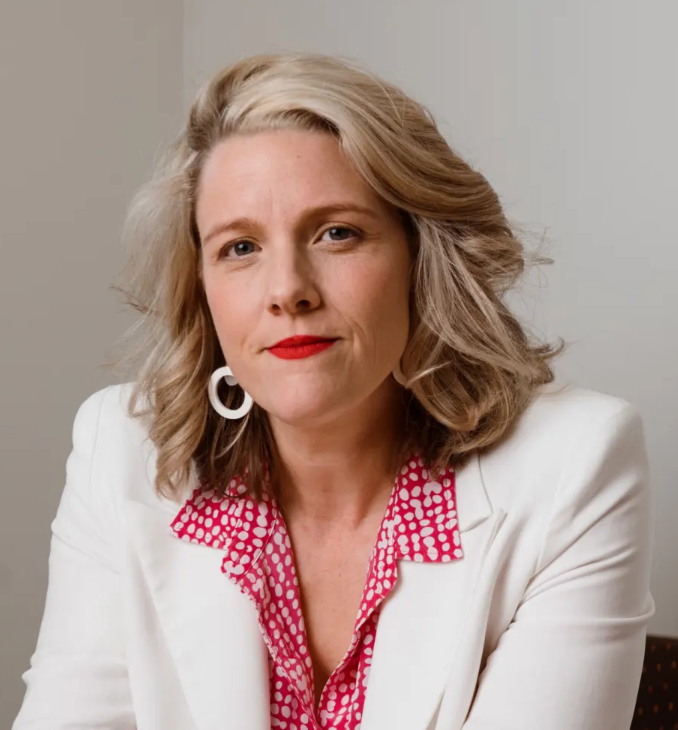
The Hon Tony Burke MP – Minister for the Arts and Minister for Employment and Workplace Relations
Minister Burke often recites a story of when he was a paperboy who was being paid less than other paperboys. After Minister Burke formed a union of paperboys, they were each remunerated equally. As Minister for Employment and Workplace Relations, Minister Burke is now responsible for the balance between workers and business.
In his own words, after spending years in Opposition ‘creating chaos’, he is now ‘all about order’, evidenced by his tranche of industrial relations reform.
Separate to industrial relations, his passion for music motivated Minister Burke to establish a new cultural policy, Revive, designed to restore the Australian arts sector. Minister Burke describes the policy as a ‘comprehensive roadmap for Australia’s arts and culture that touches all areas of government’, including cultural diplomacy in foreign affairs to health and education.
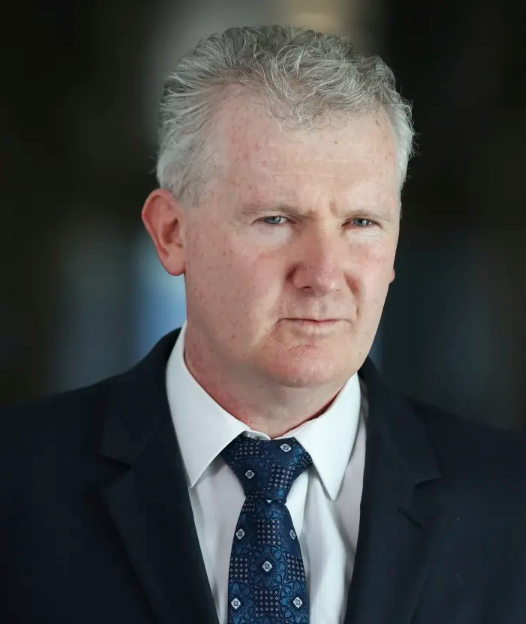
One year into the new Government, it is clear that there are many vocal and influential members of Parliament capable of moving the dial on legislative and political decision-making.
Latest posts by Nexus APAC (see all)
- United Kingdom General Election 2024: An Overview - April 15, 2024
- Australian Voters Go to the Polls - February 26, 2024
- Secretaries of Federal Departments – An Overview - February 1, 2024

